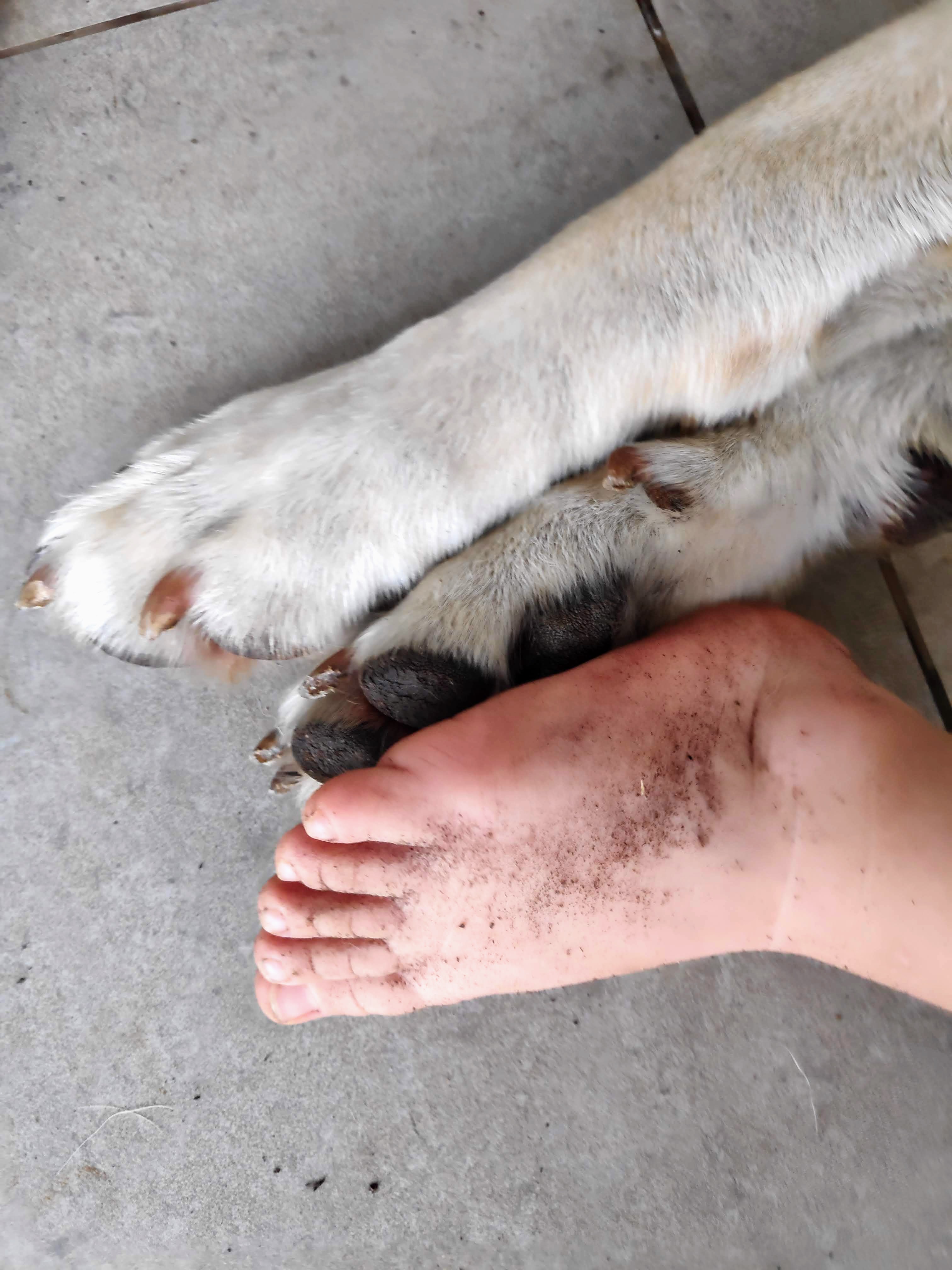I’ve heard that some people who have ADHD can have a real hard time with “transitioning” from one frame of mind to another as is required for starting a new task of any kind. I imagine people who don’t have ADHD can also struggle with that sometimes
Because everyone is struggling and tired of it? I think mental exhaustion, burnout, anxiety are common currency these days. Don’t be hard on yourself if you need a warm up before you get started, like an old reliable beloved car.
A lot of people are saying ADHD, but I think in some cases it could also be anxiety or depression.
I don’t feel depressed, but anxiety is definitely on the menu…
Depression isn’t “feeling sad.” It has a lot of symptoms people do t commonly associate with it, including irritability and lack of motivation.
Because task starting is legit hard and I don’t think it needs some mystical explanation. The way to adress this is to break it town to small tasks and start at it. When I start my remote software engineers work day I start with a checklist to what I want to do - thats already first tiny task that sets me into work mood. Then make the first points easy loke “check email x”, “check website Y” etc.
It’s important to be descriptive with your tasks and just don’t write “check all emails” because those are demotivating and tiring just looking at it. Use multiple points of “check customer X emails”, “check email replies”.
Ive been working remotely for over 20 years so I’m very familiar with this issue and this tip is the best one I can give!
I think it all comes down to attitude if you approach the new task as a welcome challenge as opposed to a chore it tends to be a more positive experience initially
I don’t think this is it. Like I said, I actually know I’ll enjoy it once I get started but I will scramble to come up with anything else to do instead to avoid starting it.
I’ve learnt some “hacks” from How to ADHD (both the YouTube channel and the book).
Something that works for me is “bribing” myself. Either with a planner you enjoy filling, a calendar with stickers, or a reward like TV time or music (not food), give yourself a reason to do your activities beyond the activities themselves.
Another one that’s not always possible for me, but works, is getting non-negative external pressure. Deadlines often get people to start, but that’s too much stress, and we don’t want that stress. A similar thing to a deadline without the anxiety is body doubling. It consists of doing your activity while other person or people do theirs, and you can report back in the middle or only at the end. The idea is that you feel like you need to do it because people are counting on it, without it being super stressful. You might feel watched, you might feel their expectatives on you, you might simply want to exchange your results at the end. However it goes, it might work for you. A variant of this is telling your plans to someone important and then you’ll feel like you need to do it so you can tell them how it went.
My emergency remedy (only when I’m unmedicated for ADHD, because I wouldn’t mix it with my medication): caffeine. Caffeine is a stimulant, so it has interesting effects on people with ADHD. Depending on age, metabolism, and quantity, it can be relaxing or “quieting”; it can also help with focus; and it can give a boost to productivity. A cup of good coffee and I do the laundry, cook, write back to people, etc. Now, be careful because a) you can become hooked to caffeine and become one of those people that cannot function without it, b) even without an addiction, if you use it too much, your body will get resistant for a time and it will lose its effectivity, c) some cannot tolerate caffeine well, for example, people with cardiopathies or bipolar disorder. I cannot drink it for long without causing havoc in my sleep and mood. Be careful with caffeine.
And those are the strongest for me. I do recommend getting the How to ADHD book, even if you’re not dealing with ADHD but a mood disorder, a difficult time in your life, etc. The tips are helpful nonetheless.


